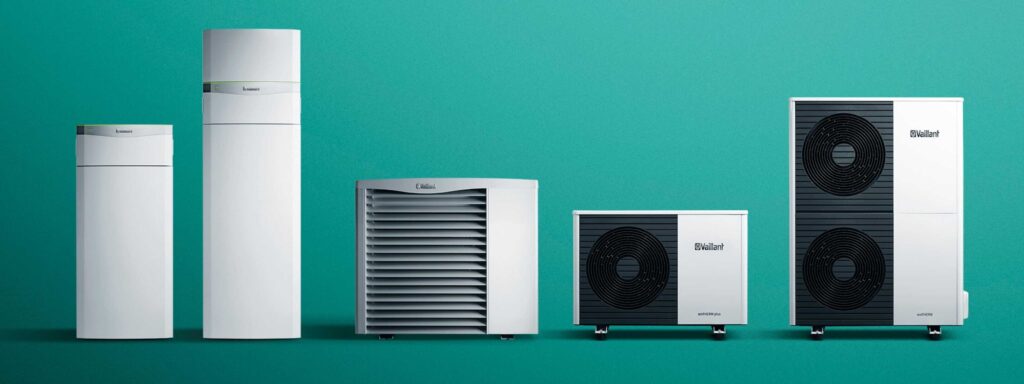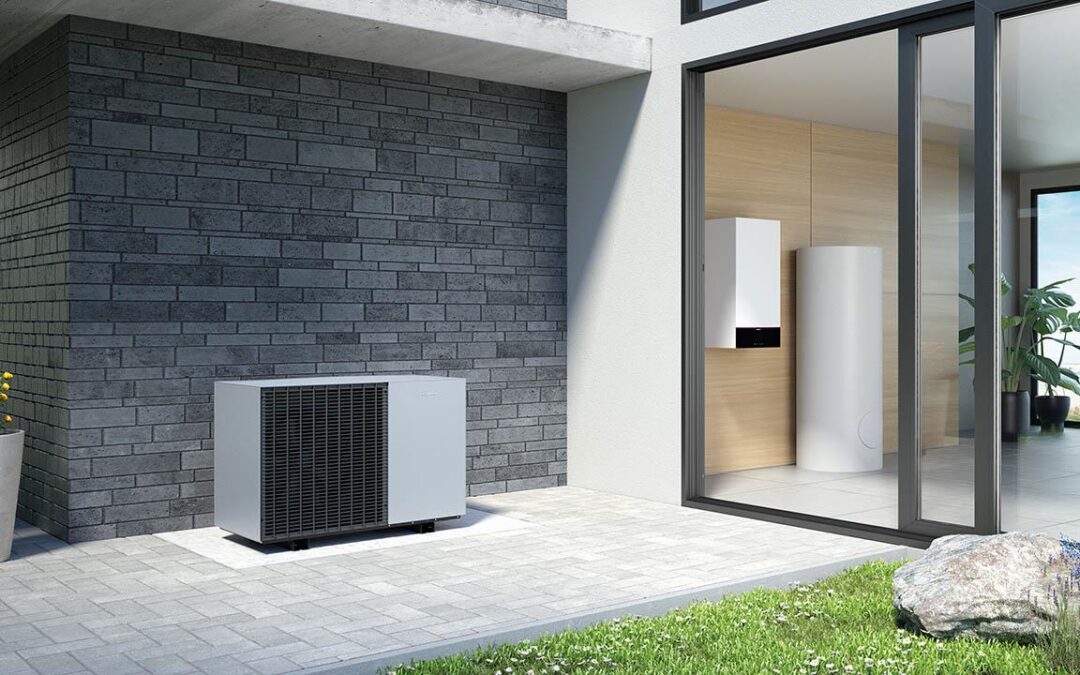In the quest for more sustainable and energy-efficient home heating solutions, air source heat pumps (ASHPs) have emerged as a compelling option, But Are air source heat pumps any good?
Their ability to harness energy from the air to heat and cool homes presents a significant step forward in reducing our reliance on fossil fuels and minimising carbon footprints. However, the true value of ASHPs lies not just in their environmental benefits but also in their integration into home heating systems, provided they are correctly designed and installed.
Efficiency and Environmental Impact
ASHPs stand out for their remarkable energy efficiency, often delivering three to five times more heat energy than the electrical energy they consume (300-500% efficient). This efficiency is a key advantage over traditional heating systems, translating into lower energy bills and reduced greenhouse gas emissions. By extracting heat from the ambient air—a renewable resource—ASHPs offer a sustainable alternative to conventional heating methods that rely on burning fossil fuels.]
Importance of Proper System Design and heat loss calculations
The shift from traditional boilers to ASHPs is not merely a matter of replacement but requires a thoughtful approach to system design. Historically, boilers could be oversized with minimal repercussions on their operational efficiency or longevity. In contrast, ASHPs necessitate precise sizing and compatibility with the home’s heating distribution system, whether it involves underfloor heating, radiators, or air handlers. This precision ensures that the ASHP operates efficiently, providing consistent and comfortable heating throughout the home.

Types of Air Source Heat Pumps
- Air-to-Air Heat Pumps: Ideal for homes requiring both heating and cooling solutions. While they excel in energy efficiency and quick heating, their limitation lies in not providing domestic hot water, which may necessitate a supplementary heating system for water needs.
- Air-to-Water Heat Pumps: Best suited for homes with existing water-based heating systems, such as radiators or underfloor heating. These pumps excel in efficiently transferring heat to water, making them capable of providing both space heating and hot water. Their performance is enhanced in well-insulated homes, ensuring that heat is retained effectively.
Key Considerations for Adoption
- Insulation: Effective insulation is paramount for maximizing the efficiency of ASHPs. Well-insulated homes retain heat better, allowing ASHPs to operate optimally.
- Space Requirements: ASHPs require outdoor space for the external unit, which needs adequate airflow to function efficiently. The location of this unit can influence the system’s performance.
- Temperature Considerations: ASHPs are most efficient in milder climates but can still operate in colder regions. Advances in technology are continually expanding the range of temperatures at which ASHPs can effectively operate.
- Cost and Incentives: The initial cost of ASHPs can be higher than traditional heating systems, but government incentives and lower operating costs can make them a financially viable option in the long run.
Conclusion
Air source heat pumps represent a significant advancement in home heating technology, offering a blend of efficiency, sustainability, and adaptability. Their successful integration into homes, however, hinges on careful consideration of system design, sizing, and installation. With the right approach, ASHPs can provide a long-term heating solution that aligns with environmental goals and offers economic benefits. As the technology evolves and more homes transition to renewable heating solutions, ASHPs stand out as a key component of a sustainable future.
Engaging with experienced professionals, such as those trained by Heat Geek, ensures that your ASHP system is tailored to your home’s specific needs, optimising its performance and benefits. As we move forward, staying informed about the latest developments in ASHP technology and related incentives will be crucial for homeowners considering this eco-friendly heating solution.

